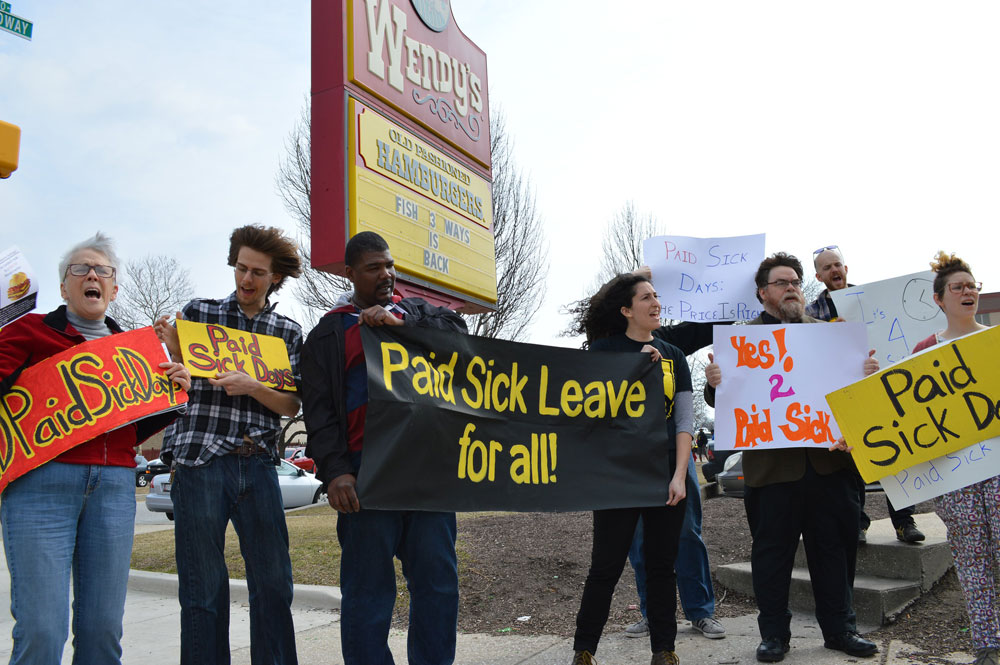
March 10, 2020; Governing
Americans: if you are sick with fever/cough/ flu symptoms, please don’t go to work!
Employers: PLEASE understand giving your employees flexibility and (paid) sick leave will save you money in the long run- it’s much cheaper than shutting down because everyone else gets sick!
— U.S. Surgeon General (@Surgeon_General) March 8, 2020
All of a sudden, in the midst of what the World Health Organization is now calling a pandemic, the issue of paid sick leave for hourly work is surfacing again—because, we suppose, we’ve reached the stage where pushing low-wage workers beyond their limits has begun to endanger others. Even President Trump has recognized the opportunity that may be present in providing a bit of relief, and he is not generally known for his attention to worker rights.
Sign up for our free newsletters
Subscribe to NPQ's newsletters to have our top stories delivered directly to your inbox.
By signing up, you agree to our privacy policy and terms of use, and to receive messages from NPQ and our partners.
It may be more of a sign his worries are focused on the effect of the economy’s turbulence on his campaign; after all, he’s far from any consideration of mandatory sick leave. Such a measure might prove unwieldy for business concerns.
“A mandate comes with a lot of paperwork, a lot of cost, a lot of time,” says Holly Wade, director of research and policy analysis for the National Federation of Independent Business (NFIB). “Having that on top of dealing with vastly changing economic conditions isn’t helpful.”
Others, however, believe that the public has little awareness of the impossible position where hourly workers are placed, forced to choose between going to work sick or losing a day’s pay.
According to the National Conference of State Legislatures, thirteen states have legislated paid sick leave measures, including Maine, whose law will take effect next year. On the other hand, Mike Tipping, communications director for Maine People’s Alliance, a nonprofit that supports paid sick leave policies, says, “Considering a faster timetable for implementation of the law certainly wouldn’t be out of line. As businesses and schools make plans for potential closures, and Mainers worry about how they’ll keep themselves safe and care for their loved ones, the importance of paid time off has been made abundantly clear.” As examples, both Trader Joe’s and Darden Restaurants, which owns Olive Garden and other chains, have changed their policies to include paid sick leave, at least for the duration of the virus’ spread.
In short, what we have is a window in which to effectively make the case for such statutes. Nonprofits should help make that happen, and while they are at it, examine their own workforces for employees who are unprotected when they or a family member are sick. Leaving them that way is not only immoral; it risks our public health.—Ruth McCambridge











